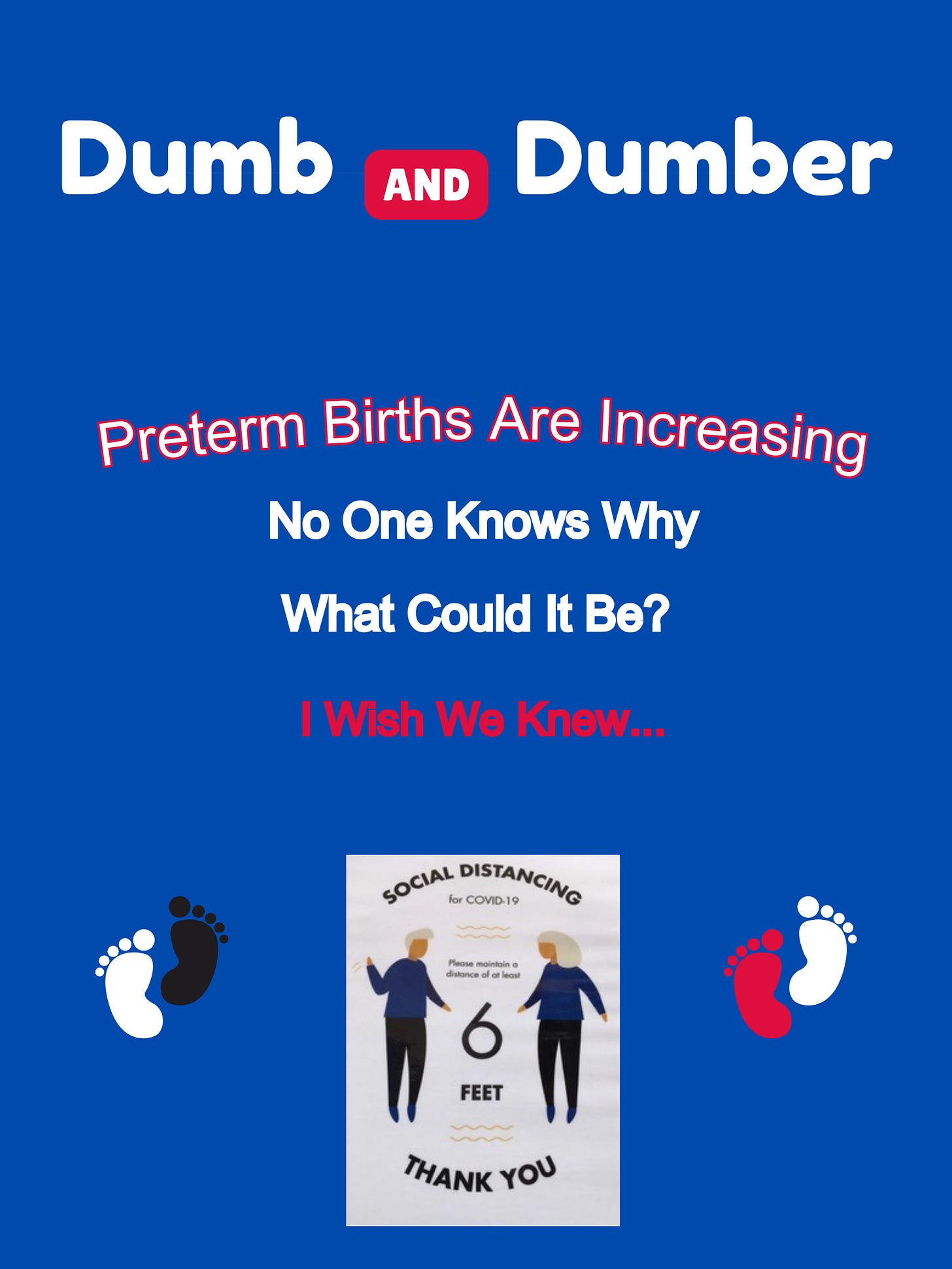Preterm birth rate in the US is rising, study finds, but the reasons are a mystery
Observations from a nurse
Preterm birth rate in the US is rising, study finds, but the reasons are a mystery
February 2, 2024
The rate of preterm births in the United States has been rising, according to a new report from the US Centers for Disease Control and Prevention’s National Center for Health Statistics, potentially creating more health problems for infants and mothers.
The report, published this week, found that the rate of preterm births — those less than 37 weeks of gestation — rose 12% between 2014 and 2022, from 7.74% to 8.67%.
The increase was relatively consistent across the board, regardless of age or race, although Black and Hispanic mothers were more likely to give birth early than White people. Older mothers are also generally more likely to deliver early than mothers of a younger age.
Babies born prematurely can have short-term health issues like problems fighting off infection or breathing and stomach issues because they haven’t fully developed and will need to stay in the hospital longer. In the long-term, premature babies may develop asthma, dental issues, hearing loss, stomach problems and concerns like intellectual and developmental delays, according to the March of Dimes. Pregnant people can also develop health problems if they deliver early.
The CDC researchers looked at data from birth certificates that recorded single births registered in the United States from 2014 to 2022.
However, they did not speculate about what might be driving this trend.
In general, doctors don’t really know why some people give birth earlier than their due date, although some conditions and factors seem to raise the risk.
“I really wish we did know.
I think the increase is pretty striking,” said Dr. Kaitlyn Stanhope, an assistant professor at Emory University whose research focuses on the effects of stress on women’s health and pregnancy. “It’s a trend that’s been happening for a long time. The study goes to 2014, but preterm births have been going up in the US for a lot longer than that.”
Stanhope, who wasn’t involved with the new research, said that the trend of people having children later in life could have an impact on the numbers, as could the increase in the number of people having children through IVF, both factors that can be associated with a higher risk of preterm birth. But Stanhope doesn’t think that fully explains what’s going on.
It could be something environmental,
she said, since an increase across race and age would involve something that everyone is experiencing. This may include exposure to particle pollution, which other studies have shown can increase preterm births.
Psychosocial stressors such as chronic stress, anxiety, lack of support,
unstable housing and poor nutrition can also increase a person’s risk that they will give birth early.
“It’s certainly something that is multifactorial,”
said Dr. Ellie Ragsdale, a specialist in ob/gyn-Maternal and Fetal Medicine at University Hospitals in Cleveland, who wasn’t involved with the CDC report. “My initial reaction to the study is that preterm birth rates continue to rise in this country because Americans globally, as a whole, are getting sicker.”
A growing number of people have obesity, Ragsdale noted, and that can lead to health problems that can increase the risk for preterm births. More than 1 in 4 women in the US is overweight, and more than 2 in 5 adults — 42.4% of the US population – have obesity, according to the National Institutes of Health. People with obesity are more likely to have high blood pressure, diabetes and other conditions such as preeclampsia that can prompt early delivery.
Dr. Manisha Gandhi, chair of the Committee on Clinical Practice Guidelines-Obstetrics for the American Congress of Obstetricians and Gynecologists, does not think the trend is related to doctors inducing early. The medical guidelines strongly discourage the practice and those numbers have been declining over the years, she said. Gandhi also doesn’t think that it is due to some biological change that would shorten the length of time people are pregnant.
Rather, she says, the Covid-19 pandemic may have affected the rate.
People infected with Covid faced a higher risk of an early delivery, studies show. Many also put off medical appointments during the pandemic, and that can affect their overall health.
To lower the odds of early birth, Gandhi said, it is important for people to make their health a priority before they get pregnant.
“Pregnancy is not a time to start losing weight, controlling blood pressure or working on your diabetes,” she said. “Ideally, we will have these things in order before we get pregnant, because there’s not enough time to optimize our health once you’re already pregnant.”
https://www.cnn.com/2024/02/02/health/preterm-birth-study-wellness/index.html





Doctors “ baffled”... A-gain! Goodness Medical bafflement is a Serious condition( preventing ALL critical thought )
They just can’t come to admit their sacred “vaxxine”
Is the cause of all their “Bafflement”
It could be particles in the air?
“Global warming”?
Older woman getting PG ?
NEVER say vaccines, bc it could cost you, your career.
The walls have eyes that hear.